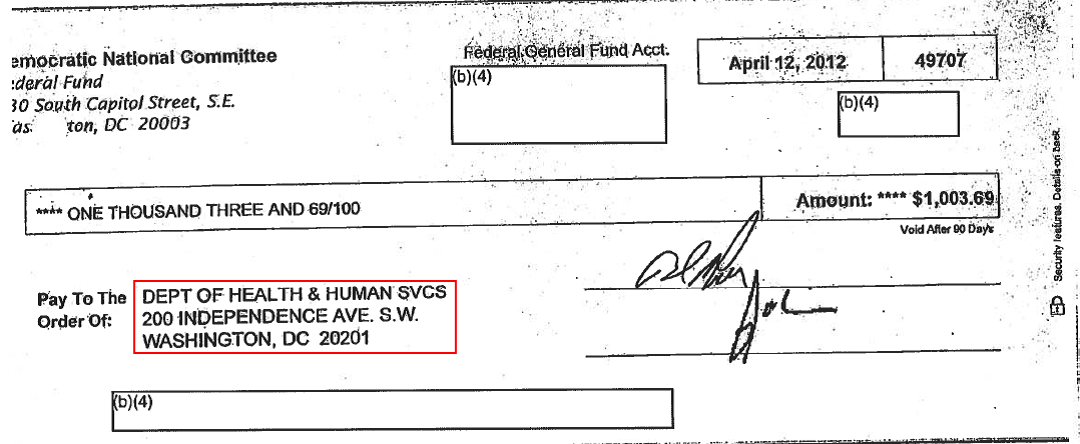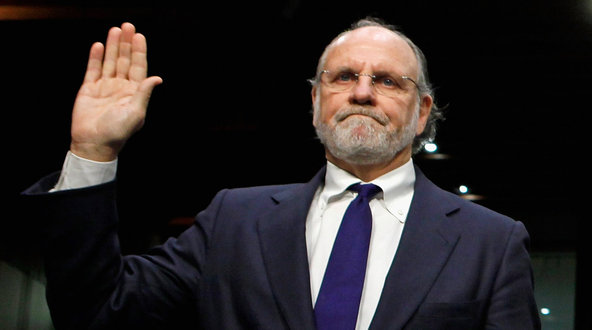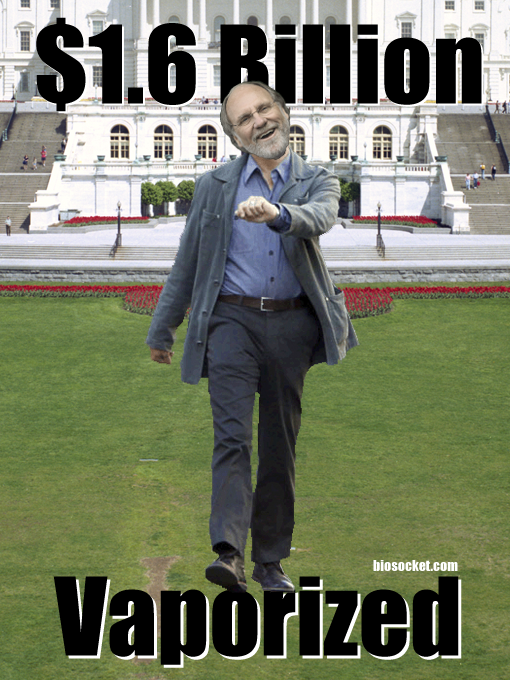Updated: May 22, 2014 with the full CFPB FOIA Brochure
“Transparency is at the core of our agenda, and it is a key part of how we operate. You deserve to know what the new bureau is doing for the American public and how we are doing it.”
“Keep your calendar entries brief and general. If possible, avoid annotating entries with agendas, detail discussions, etc.
Minimize attachments to your calendar appointments. Consider using email to send related attachments.”
–CFPB FOIA Team to CFPB employees
CFPB employees have been advised by its FOIA staff to keep their work calendars “brief and general” and to remove meetings to which they “were invited but did not attend,” according to a list of calendar tips obtained by Cause of Action.
These “Recommended Calendar DOs and DON’Ts” further suggest that employees “avoid annotating entries with agendas, detailed discussions,” and “minimize attachments to your calendar appointments.” Consistent with such advice, the leadership calendars posted (and touted) by CFPB are noticeably devoid of details.
These calendar tips undoubtedly make it easier for the bureau’s FOIA staff to process any requested calendars. However, they also undermine the Administration’s asserted commitment to creating “an unprecedented level of openness in Government.” Additionally, this behind-the-scenes advice indicates that transparency at CFPB is not actually a “key mission,” as claimed. Rather than full disclosure, the name of the game at CFPB obviously is partial disclosure lite.
Related: FOIA requests have found that the IRS and the DOJ are more concerned with their public image than they are with completing FOIA requests in accordance with the law.
CFPB FOIA Calendar Brochure by CauseOfAction









